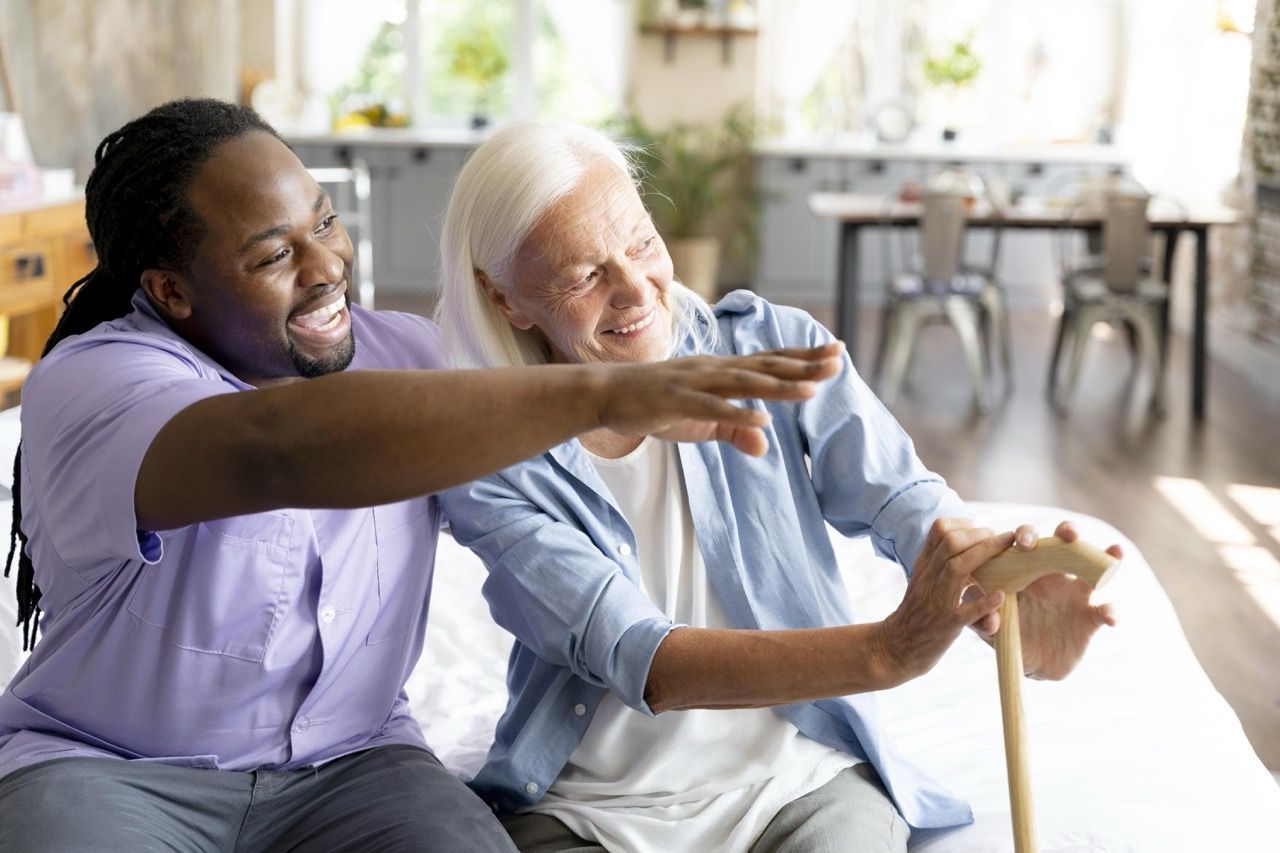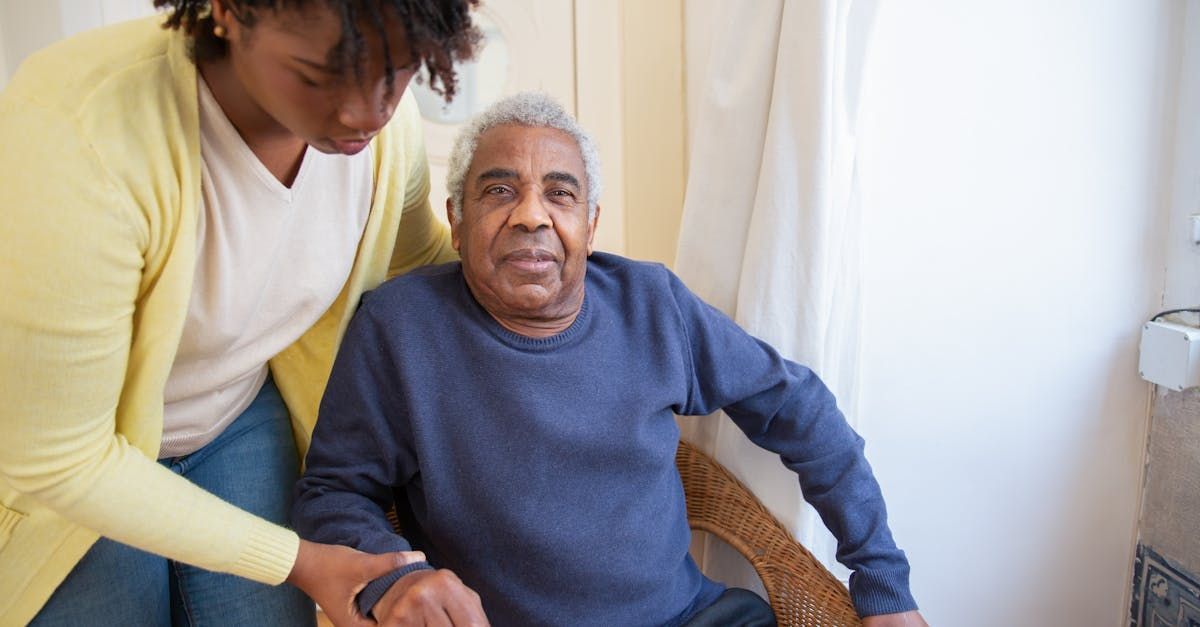Caring for a Parent with Dementia
As our parents age, we may start noticing signs of cognitive decline. They can be subtle at first. Forgetting conversations or having trouble finding words, confusing the remote with the phone, difficulty tying shoes, and mood swings are just some of the early warning signs of dementia.
My mother used to joke that Alzheimer’s was setting in when she forgot something. Years later, she is now battling dementia. Did we miss some of those early signs? While the odd forgetful moment happens to the best of us, it’s the gradual increase in moments that we need to be aware of.
Understanding the signs
As dementia progresses, the signs and symptoms can become more obvious, and they can create frustration and upset within the family as you learn to recognize and deal with them.
Changes in mood and behaviour are not always obvious signs and can cause us to react in frustration or anger. Watch for signs of depression or apathy, such as a lack of energy, reduced social activity, or loss of appetite.
Hallucinations or delusions can also occur. Look for signs of paranoia or seeing things or people that aren’t there.
Dementia sufferers can also start to wander and appear to be actively looking for something or just pacing up and down.
You may also notice repetitive behaviours such as repeating questions or constantly rubbing their hands together.
Another common symptom is something called “sundowning”. You may notice your parent become confused, anxious or agitated late in the afternoon or early evening. This is a symptom that typically occurs in the middle stages of dementia and decreases over time.
Caring for your loved one at home
Once a diagnosis of dementia is made, the primary goal is to ensure the safety of your loved one at home. One of the first things you should do is ensure the home is equipped with safety devices and that tripping and falling hazards are removed.
For example, install grab bars in the bathroom and shower, fix loose carpet or rugs, declutter, and install night lights in hallways and other areas to ensure walkways are well lit.
There are also many
assistive devices available to help your loved one manage the symptoms of dementia and ageing in general. For example, communication aids such as telephones with large buttons. Cognitive aids like pictures to label cooking and cleaning products. Mobility aids such as a walker or cane. A pill organizer for taking medication. The list goes on.
Once safety is taken care of, you’ll want to start establishing daily routines around self-care, meals and bedtime. It’s also important to ensure there is physical and mental stimulation throughout the day with activities and walks that keep them active and engaged.
If this sounds like a lot, it is. Caring for a loved one with dementia can be a full-time job. But you don’t have to do it alone. There are many resources available to help you manage the day-to-day, from adult day centres to in-home caregivers.
Don’t try to go it alone. Caring for your own personal wellbeing and health is just as important as caring for your loved one. At LiveWell Pathway,
we understand the challenges of dementia and are here to listen to your concerns and help you develop a plan to ensure both the safety and happiness of your loved ones.
Book a free consultation today.




